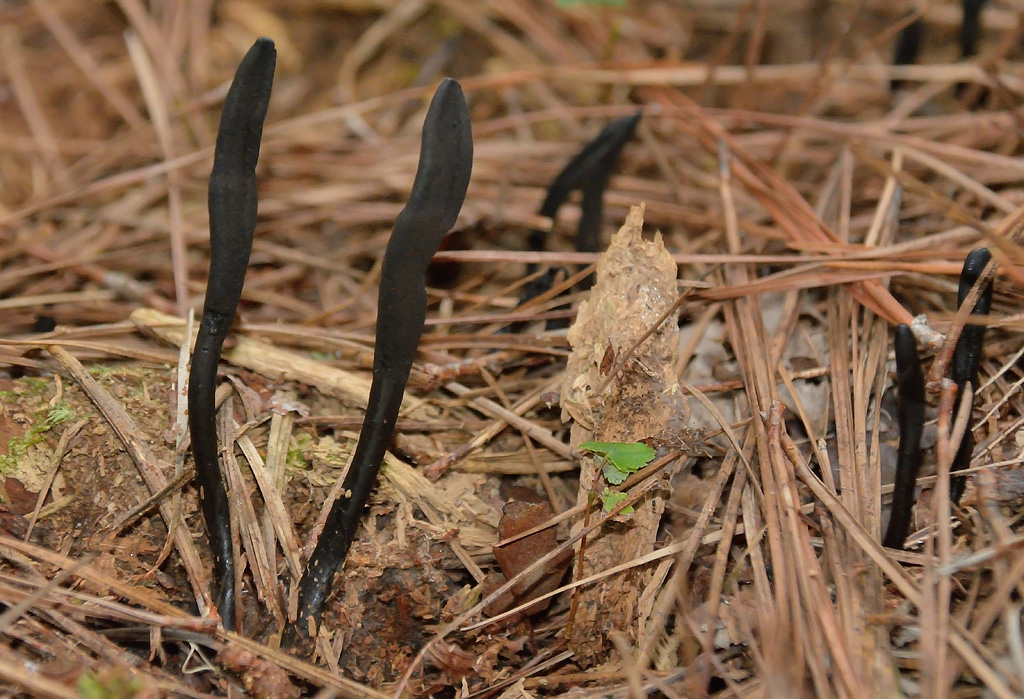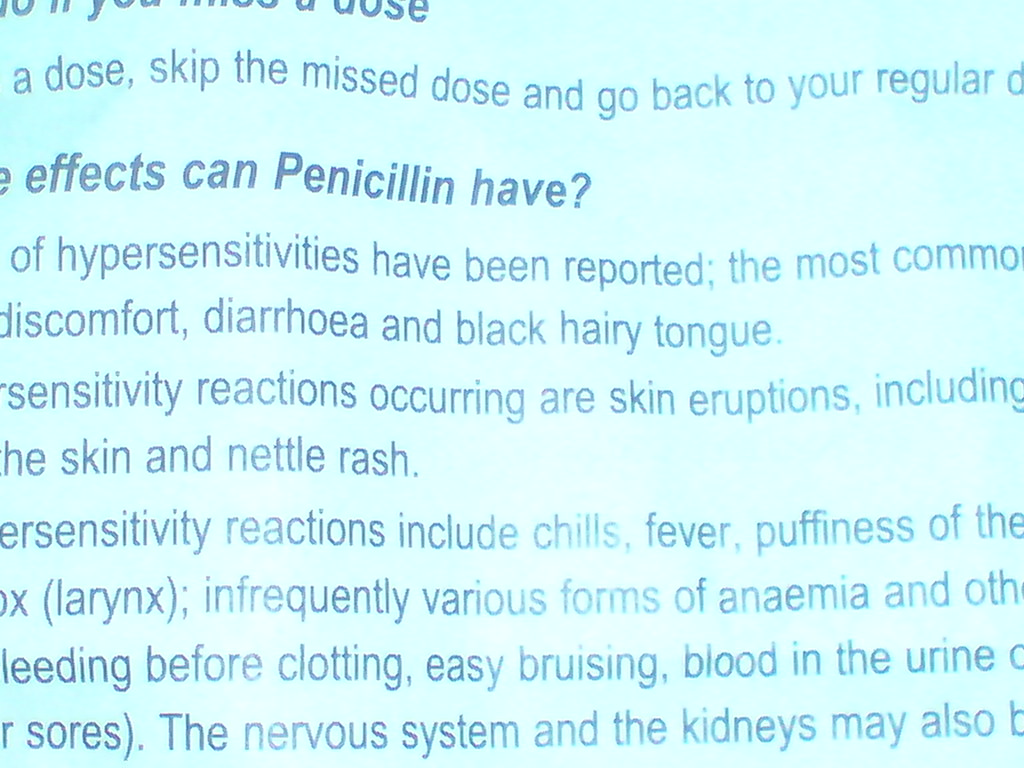Black Hairy Tongue, also known as BHT, is a harmless yet unsettling condition that affects the appearance of the tongue. It occurs when the tiny bumps on the surface of the tongue, called papillae, grow longer than usual and trap bacteria, food particles, and other debris. This trapped material can lead to discoloration, often appearing black or brown, giving the tongue a “hairy” look. While it may sound alarming, this condition is typically temporary and treatable with proper care. In this article, we will explore the causes, symptoms, and ways to manage Black Hairy Tongue.

Understanding the Condition
The tongue is covered in small, finger-like projections called papillae, which help us taste food and assist in chewing and swallowing. Normally, these papillae shed regularly, but in cases of Black Hairy Tongue, they grow longer and do not shed as they should. This overgrowth creates an ideal environment for bacteria and other substances to accumulate, leading to discoloration and an unusual texture. The condition is more common in adults and can affect anyone, though certain factors increase the likelihood of developing it.
What Does Black Hairy Tongue Look Like?
- The tongue appears dark, often black or brown, but sometimes green, yellow, or white.
- The surface of the tongue looks furry or hairy due to elongated papillae.
- There may be visible debris or buildup on the tongue’s surface.
Causes of Black Hairy Tongue
Several factors contribute to the development of this condition. Understanding these causes can help individuals take preventive measures and address underlying issues.
Poor Oral Hygiene
Inadequate brushing and flossing allow bacteria and food particles to accumulate on the tongue. Without regular cleaning, the papillae can become discolored and elongated, leading to the characteristic appearance of Black Hairy Tongue.
Tobacco Use
Smoking or chewing tobacco introduces harmful chemicals into the mouth, which can irritate the tongue and interfere with the natural shedding of papillae. Tobacco use is one of the most common risk factors for this condition.
Dietary Habits
A diet lacking in fiber or hydration can contribute to the buildup of debris on the tongue. Consuming excessive amounts of coffee, tea, or soft drinks may also stain the elongated papillae, worsening the discoloration.
Mouthwashes and Medications
Certain mouthwashes containing oxidizing agents like peroxide or witch hazel can irritate the tongue and disrupt its natural balance. Additionally, medications such as antibiotics or those used to treat stomach acid can alter the oral microbiome, increasing the risk of Black Hairy Tongue.
Dehydration
Insufficient fluid intake reduces saliva production, which plays a crucial role in washing away food particles and bacteria. A dry mouth creates an environment where bacteria can thrive, contributing to the condition.
Medical Conditions
Underlying health issues, such as diabetes or a weakened immune system, can make individuals more susceptible to oral infections and conditions like Black Hairy Tongue. Similarly, people undergoing radiation therapy for cancer may experience changes in their oral health.
Symptoms of Black Hairy Tongue
While the appearance of the tongue is the most noticeable symptom, there are other signs that may accompany this condition.
Visible Changes on the Tongue
The most obvious symptom is the dark, hairy appearance of the tongue. The discoloration can range from black or brown to green, yellow, or white, depending on the substances trapped in the papillae.
Bad Breath
Bacteria and food particles trapped on the tongue can produce unpleasant odors, leading to chronic bad breath. This symptom is often one of the first indicators that something is amiss.
Altered Taste
Some individuals with this condition report a metallic taste or notice that their sense of taste has changed. This can occur due to the buildup of debris interfering with the function of taste buds.
Gagging or Tickling Sensation
The elongated papillae may cause a tickling or gagging sensation, especially if they come into contact with the roof of the mouth or the back of the throat.
Diagnosis of Black Hairy Tongue
Diagnosing this condition is relatively straightforward and usually involves a visual examination by a healthcare professional. Dentists or doctors can identify the characteristic appearance of the tongue and rule out other potential causes of discoloration, such as oral thrush or geographic tongue. In some cases, they may ask about lifestyle habits, medications, or medical history to determine contributing factors.
Care and Treatment Options
Fortunately, Black Hairy Tongue is a reversible condition that can be managed with simple lifestyle changes and proper oral hygiene practices.
Improve Oral Hygiene
Maintaining good oral hygiene is the first step in treating and preventing this condition. Here are some tips:
- Brush your teeth at least twice a day and floss daily to remove plaque and bacteria.
- Use a tongue scraper or a soft toothbrush to gently clean the surface of your tongue.
- Rinse your mouth with water after eating to wash away food particles.
Stay Hydrated
Drinking plenty of water throughout the day helps keep the mouth moist and promotes saliva production. Saliva naturally cleanses the mouth and prevents the buildup of bacteria and debris.
Adjust Your Diet
Incorporating more fiber-rich foods, such as fruits and vegetables, can help clean the tongue naturally. Reducing the consumption of staining beverages like coffee, tea, and soda may also improve the appearance of the tongue.
Quit Tobacco Use
If you smoke or chew tobacco, quitting can significantly reduce your risk of developing Black Hairy Tongue. Seek support from healthcare professionals or cessation programs to help you quit successfully.
Switch Mouthwashes
If you suspect that your mouthwash is contributing to the problem, consider switching to a milder, alcohol-free option. Consult with your dentist for recommendations on products that are less likely to irritate the tongue.
Consult a Healthcare Professional
If home remedies do not improve the condition, or if you experience persistent symptoms, consult a healthcare provider. They may recommend additional treatments, such as prescription mouthwashes or medications to address underlying issues.
Preventing Black Hairy Tongue
Prevention is key to avoiding the recurrence of this condition. By adopting healthy habits and addressing risk factors, you can maintain a clean and healthy tongue.
Regular Dental Checkups
Scheduling routine dental visits allows professionals to monitor your oral health and provide guidance on maintaining proper hygiene. Dentists can also identify early signs of problems and offer personalized advice.
Avoid Irritants
Limit exposure to substances that can irritate the tongue, such as spicy foods, alcohol-based mouthwashes, and tobacco products. These irritants can exacerbate the condition and delay healing.
Maintain a Balanced Lifestyle
A healthy diet, adequate hydration, and stress management contribute to overall well-being, including oral health. Prioritize self-care to support your body’s natural defenses against infections and conditions like Black Hairy Tongue.
When to Seek Medical Attention
While Black Hairy Tongue is generally harmless, certain situations warrant medical attention. If you experience severe pain, difficulty swallowing, or persistent symptoms despite treatment, consult a healthcare provider. These could indicate an underlying issue that requires further evaluation.





